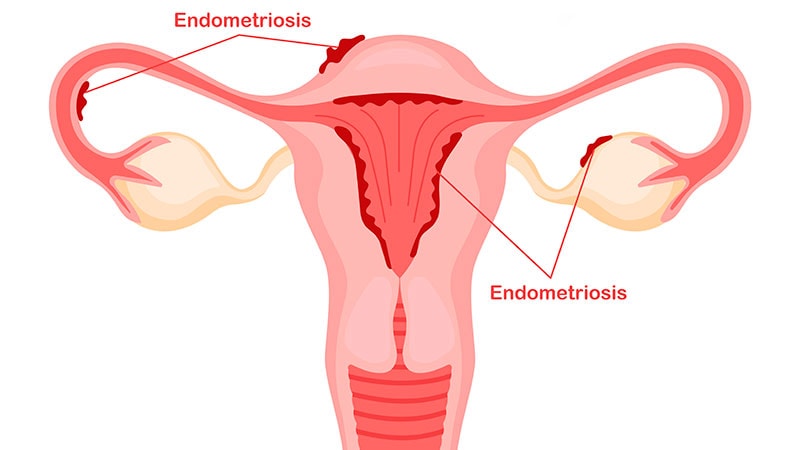Bloodstream infections acquired in UK Intensive Care Units (ICUs) reduced by 80% between 2007 and 2012, according to a research funded by the NIHR Guy's and St Thomas' Biomedical Research Centre.
The findings are based on data collected from over 1 million patients admitted to 276 NHS adult ICUs across England, Wales and Northern Ireland.
Between 2007 and 2012, there was a decrease in ICU methicillin-resistant Staphylococcus aureus (MRSA) admissions and acquisitions from 38.8 to 13.1 per 1000 patients and 25.4 to 4.1 per 1000 patients, respectively. ICU Clostridium difficile admissions and acquisitions also decreased from 10.6 to 4.2 per 1000 patients and from 11.1 to 3.5 per 1000 patients, respectively.
However, vancomycin-resistant Enterococcus (VRE) admissions and acquisitions increased from 1.9 to 5.3 per 1000 patients and 1.5 to 5.9 per 1000 patients, respectively.
ICU-acquired bloodstream infections (UABSIs) fell from 7.3 (95% CI, 6.9-7.6) to 1.6 (95% CI, 1.5-1.7) per 1000 bed-days between 2007 and 2012. Adjusting for patient factors, the incidence rate ratio was 0.21 (95% CI, 0.19-0.23; P<.001) from 2007 to 2016.
Reductions in UABSIs were seen for all main organisms, excluding VRE, with the greatest reductions seen for MRSA (97%), Pseudomonas aeruginosa (81%), S aureus (79%) and Candida spp (72%).
The authors say the data show that large decreases in ICU-acquired infections occurred across the UK ICU network between 2007 and 2012, linked with the first few years of the national infection control campaign. However, they say rates have become static and further reductions will likely require a new intervention framework.



